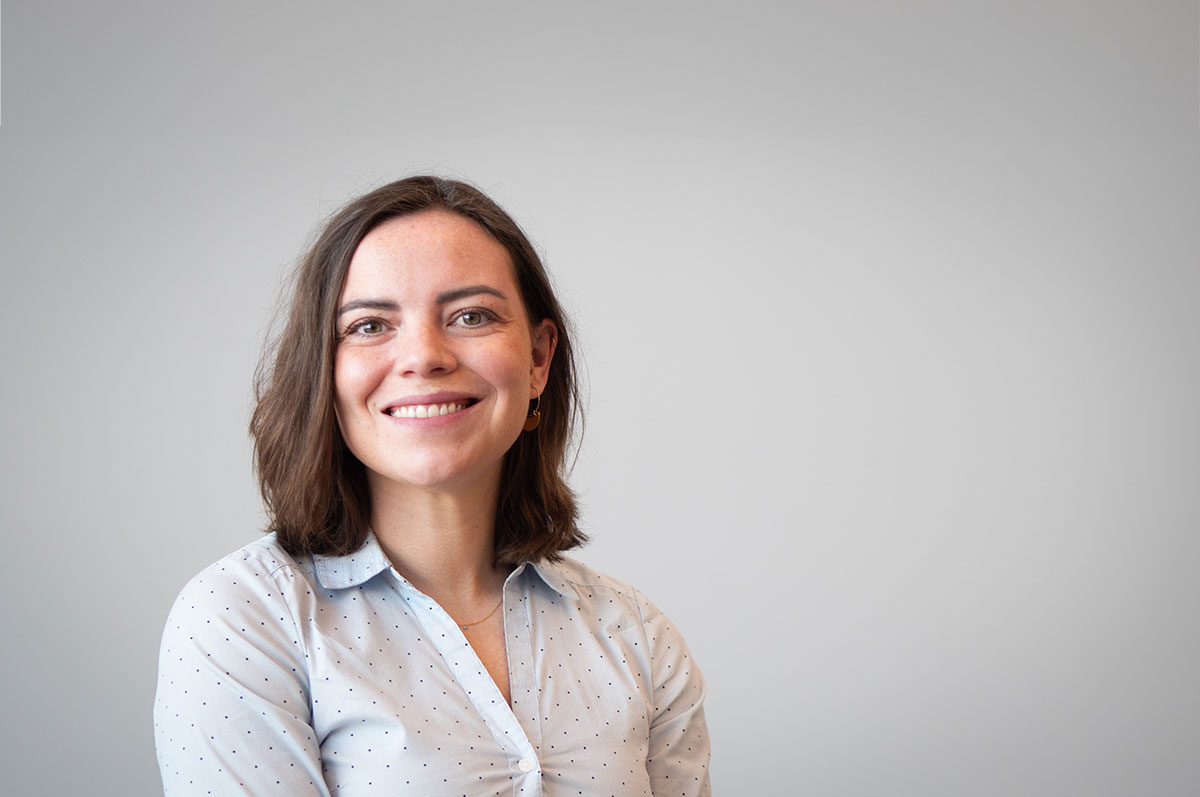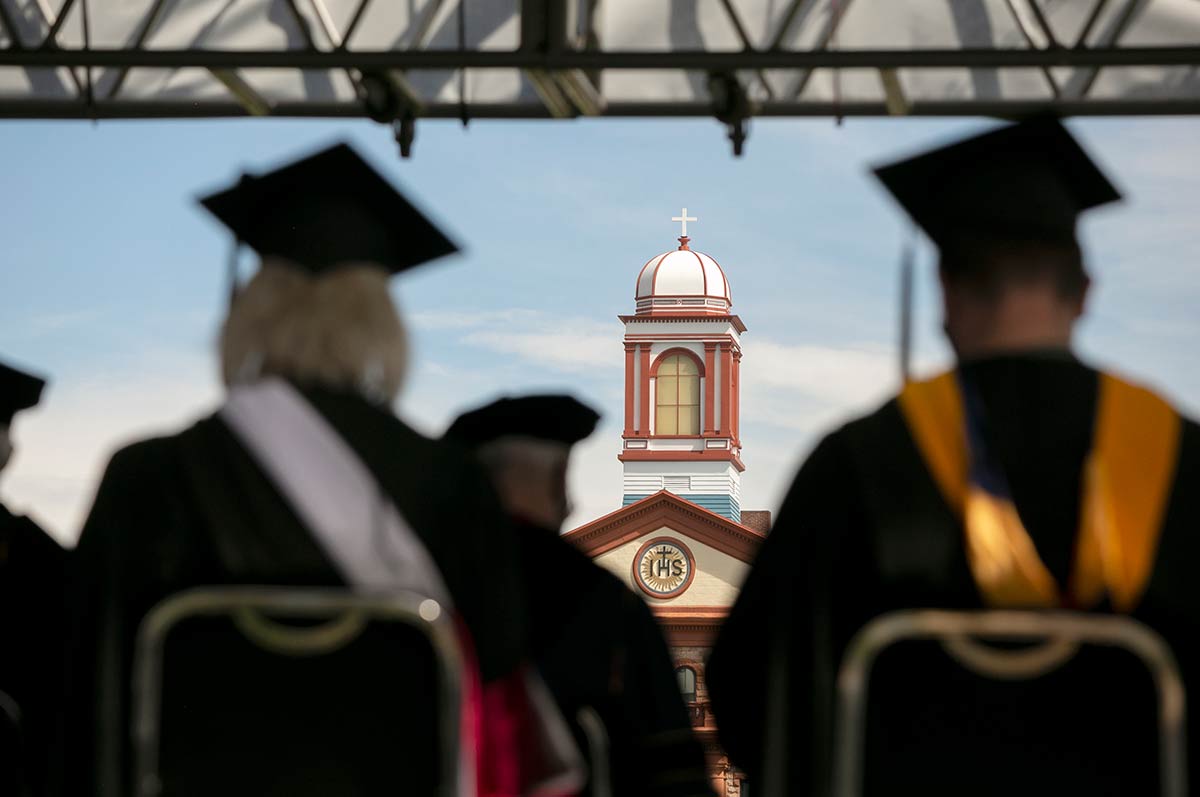Surendra Mahapatro Retires after 33 Years at Regis
Celebrating three decades of research, mentoring and making science accessible.
When Surendra Mahapatro completed his Ph.D. in India in 1977, he sent 50 handwritten applications for postdoctoral fellowships to universities across the United States. He received a response from just one: The University of Illinois — Chicago. He moved his wife and two children to a studio apartment, where they lived for a year and a half.
It was a difficult time. For more than a year, he didn’t produce new research. But his mentor, Prof. Jan Rocek, was patient. Mahapatro gradually started producing new work, and a few months later, they published research about three-electron oxidations in the Journal of the American Chemical Society, chemistry’s most prestigious journal.
It wasn’t until his mentor’s retirement celebration in 1997 that Mahapatro realized why Rocek had been so patient: He had survived Auschwitz. His life was spared because he was a chemist.
“I tell this story to each and every class that I teach, every semester,” Mahapatro said. “What motivates me is that.”
Mahapatro carried lessons learned from his mentors throughout a career that included a Fulbright scholarship as he, in turn, mentored generations of students. In December, Mahapatro retired from Regis after 33 years in the chemistry department. During his time on campus, he expanded students’ research opportunities, advocated for diversity in science and with support from science institutes and organizations, worked with more than 50 undergraduate research associates who upon graduation from Regis pursued graduate studies in chemistry and biochemistry and other professional degrees including medicine, pharmacy and law.
As a researcher, Mahapatro has been most interested in organic oxidation mechanisms and electron transfer in biological systems. His research has resulted in major publications in ACS and Royal Society publications with Regis students as co-authors.
After completing two more postdoctoral fellowships, Mahapatro applied to faculty positions in the U.S. In 1989, he got four interviews, including one at Regis. “After two days, I was offered the job,” he said. “Therefore, I didn't even wait to hear from the other schools.”
It’s a decision that led Mahapatro and his family to Colorado, and launched the next three decades of his career. Mahapatro passed his academic excellence to both of his children. His daughter, Mausumi Mahapatro, who has a Ph.D. in economics, is an assistant professor of history, politics and political economy at Regis.
His son, Mrinal Mahapatro, earned a Ph.D. in chemistry and works in industry. Mahapatro credits his wife of 50 years, Lata, for her support through the years. They have four grandchildren.
His collaborative spirit prompted him to get involved in Arizona State University’s Western Alliance for Expanding Student Opportunities, a National Science Foundation initiative that promotes attracting under-represented and minority students to pursue education in science, technology, engineering and math (STEM) fields. The program provides undergraduate students with stipends for one to three semesters of research. Over the past 10 years, he has supported Regis students with more than 80 stipends.
Mahapatro also enjoyed teaching non-science majors, and, recently, Regis College’s Global Environmental Awareness course, “Water.”
Outside the classroom, Mahapatro and his wife have been involved in library improvement projects in India, Bangladesh and at St. John’s College in Belize, where he was a Fulbright scholar. In retirement, Mahapatro said he plans to split his time between the United States and India, where he plans to teach, continuing his years of helping students access science through their engagement in undergraduate research projects.
“Over the years I have risen, hopefully, to the challenge of a liberal arts education, especially in a Jesuit University — to bring some connection and relevance and life to the chemistry classroom,” Mahapatro said.



